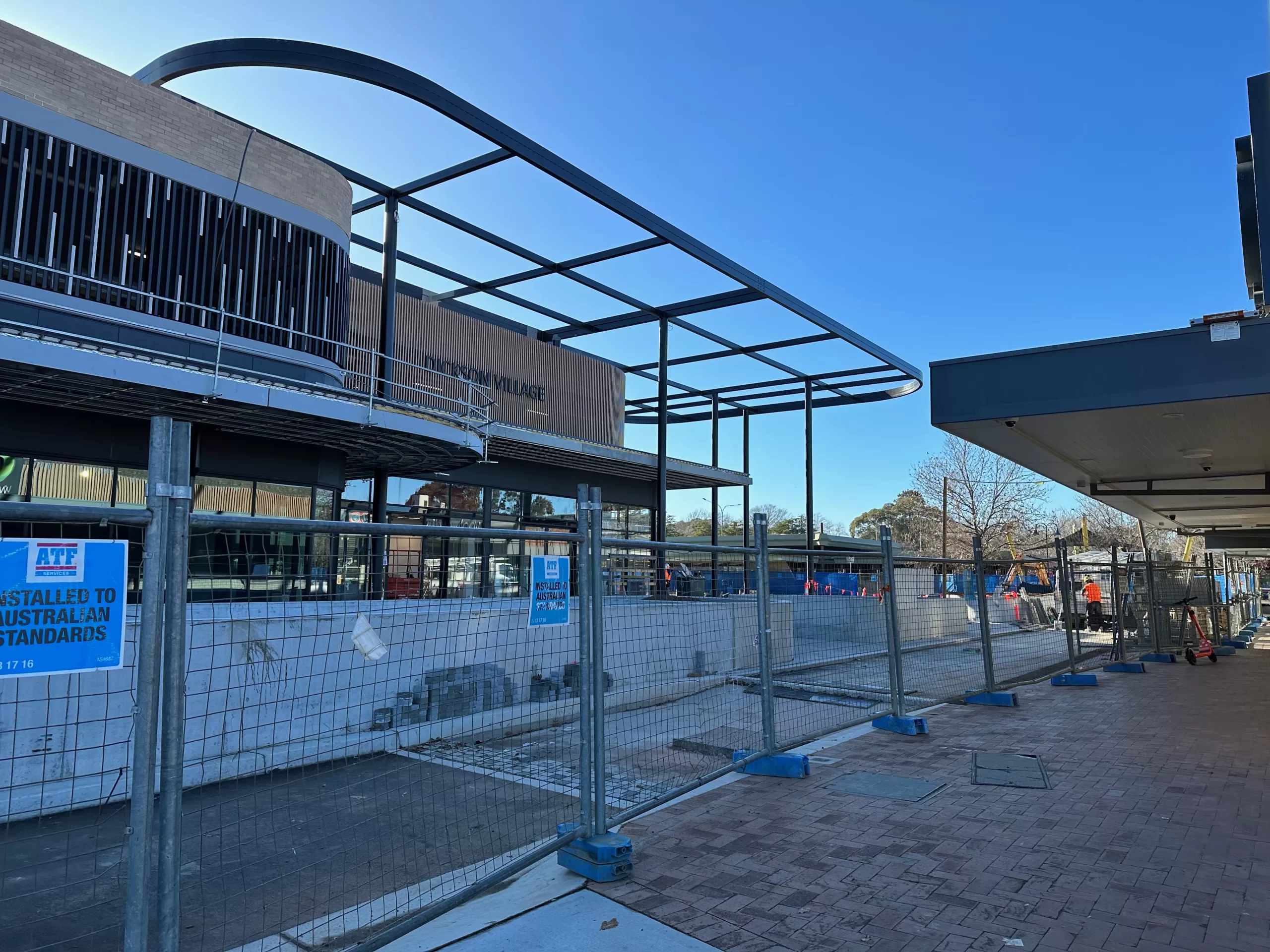The construction industry is one marked by its intricacies, with the Australian landscape offering its own unique challenges and opportunities. So, ensuring that you’re well-protected and guided legally is paramount. This article delves deep into the realm of construction law in Australia and provides an authoritative guide to help contractors and construction companies find the top-rated Building and Construction Lawyer.

Trusted by Hundreds: The Best in the Business!
Join the ranks of hundreds of satisfied clients. Navigate legal complexities with Australia’s top-rated Building and Construction Lawyers, safeguard your projects, and lay a solid foundation for all your ventures.
- Secure Your Business Success: Trust our 5-star legal expertise to safeguard your interests and fuel your growth.
- Custom Solutions, Personal Approach: We listen, understand, and tailor our legal strategies to fit your unique needs.
- Proven Results, Client Satisfaction: Join a long list of satisfied clients who have achieved their goals through our exceptional service.
- Legal Excellence, Competitive Rates: Benefit from top-tier legal counsel without the exorbitant price tag – we value your budget as much as your business.
Why You Need a Building and Construction Lawyer
Understanding the Legal Maze
The Australian construction sector operates within a comprehensive legal framework. With stringent regulations, codes, and standards, navigating these waters requires expertise. Understanding nuances, such as those within the Building Code of Australia or the myriad of Australian Standards, is not a mere recommendation but a necessity. A top-rated Building and Construction Lawyer can help navigate these complexities.
Case Study: In 2017, a well-known construction firm faced massive penalties when found to have unintentionally violated the National Construction Code. The repercussions, both financial and reputational, were immense. A specialized lawyer could have provided guidance, potentially saving the company from these pitfalls.
Guarding Against Potential Risks
Legal challenges can be costly and damaging. Whether it’s workplace accidents, disputes over contractual agreements, or challenges related to property rights, the potential risks are varied. Having a skilled lawyer ensures that your interests are always protected. A top-rated Building and Construction Lawyer can help navigate these complexities.
Qualities to Look for in a Lawyer
Relevant Educational Background
Your potential lawyer should have a firm grounding in law, preferably with a specialization in construction or property law.
Experience is Key
While education is foundational, real-world experience in the Australian construction sector is irreplaceable. Ensure they’ve had substantial exposure to cases like yours.
Track Record
It’s one thing to handle construction-related cases; it’s another to win them or achieve favourable outcomes for clients. Investigate their history of successes.
Communication Skills
A good lawyer will explain complex laws in understandable terms and keep you updated about your case’s progression.
Client Reviews
Honest feedback from past clients can offer an unvarnished look at a lawyer’s capabilities, professionalism, and reliability.
Where to Start Your Search
Tapping into Industry Associations
Organizations like the Master Builders Association or the Housing Industry Association can be valuable resources in your search for a top-rated Building and Construction Lawyer.
Online Directories
Websites dedicated to lawyer listings, coupled with reviews, can give you a head start. Platforms like the Law Societies can guide you towards finding the top-rated Building and Construction Lawyer.
Word of Mouth
Sometimes, the old-fashioned way proves the most effective. Therefore, it is essential to seek referrals from peers or other professionals who’ve had direct experience with construction lawyers.
Questions to Ask When Interviewing Potential Lawyers
Engaging a lawyer is like entering a partnership. Hence it’s vital to ask the right questions:
- “How familiar are you with cases similar to mine?” – This gets to the heart of their expertise.
- “How do you structure your fees?” – This question sets the tone for transparency.
- “Can you provide references?” – Direct testimonials can be incredibly revealing.
- “What’s your recommended approach for my situation?” – Gauge their strategic thinking.
Understanding Legal Fees and Costs
Legal services are an investment. Understanding how these charges work can save you from unexpected expenses later.
Billing Structures
Whether it’s an hourly rate, a flat fee for specific services, or a retainer where you pay up front for services, each has its own merits and drawbacks. In some situations, contingency fees might apply, especially in cases of disputes.
Additional Costs
From court fees to charges for administrative tasks, ensure you have a comprehensive understanding of all potential costs.
Open Dialogue on Finances
Any lawyer worth their salt will be open about fees and willing to negotiate structures that cater to both parties’ interests.
The Role of a Lawyer in Contract Drafting and Negotiation
Contracts form the backbone of construction projects. A lawyer ensures:
- Protection of Interests: From payment terms to dispute resolution, every clause can be crafted to favour your stance.
- Risk Mitigation: A well-drafted contract can help preempt many disputes, saving you time, stress, and money.
Case Study: In 2019, a dispute arose between a contractor and developer over a project delay in Sydney. The issue? Ambiguous terms in their contract. The resulting legal tussle lasted months. A specialist lawyer could have foreseen and averted such challenges.
Legal Representation in Disputes and Litigation
When disagreements escalate, having a lawyer becomes indispensable.
Not all disputes need to reach the courts. Often, mediation or arbitration can provide resolutions faster and more cost-effectively.
When all else fails, a trial might be inevitable. Here, your lawyer represents your interests, ensuring you have the best chance of a favourable outcome.
Staying Updated: The Dynamic Nature of Construction Law
Laws evolve. For construction companies to stay compliant and avoid pitfalls, continuous legal education is necessary. A proficient lawyer doesn’t just react to challenges but proactively informs clients about changes that could affect them.
Conclusion Selecting the right legal partner in the construction realm isn’t a task to be taken lightly. The ramifications of your choice can deeply influence your business operations and bottom line. With the guidance provided, you’re well-equipped to make an informed decision and identify a top-rated Building and Construction Lawyer.